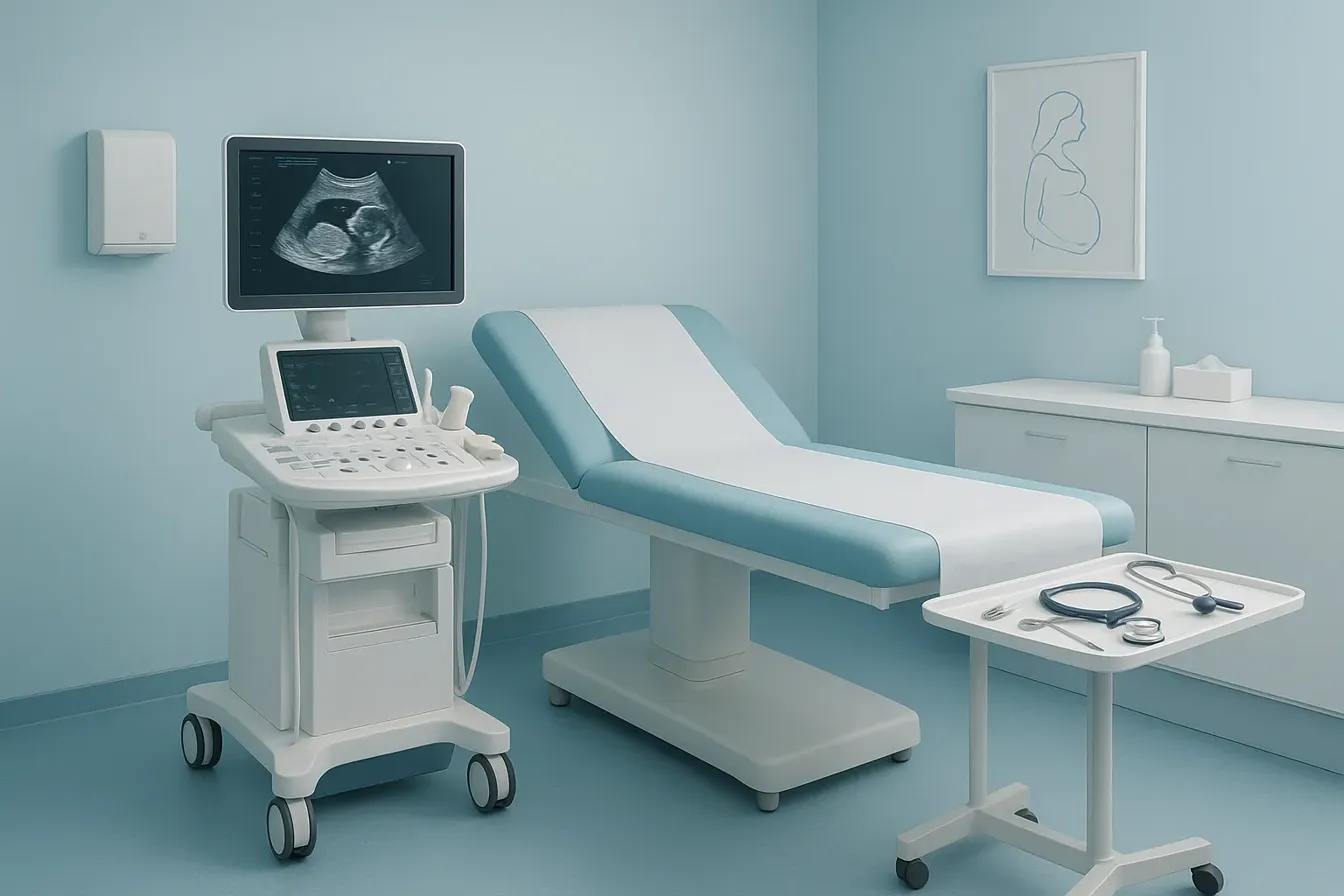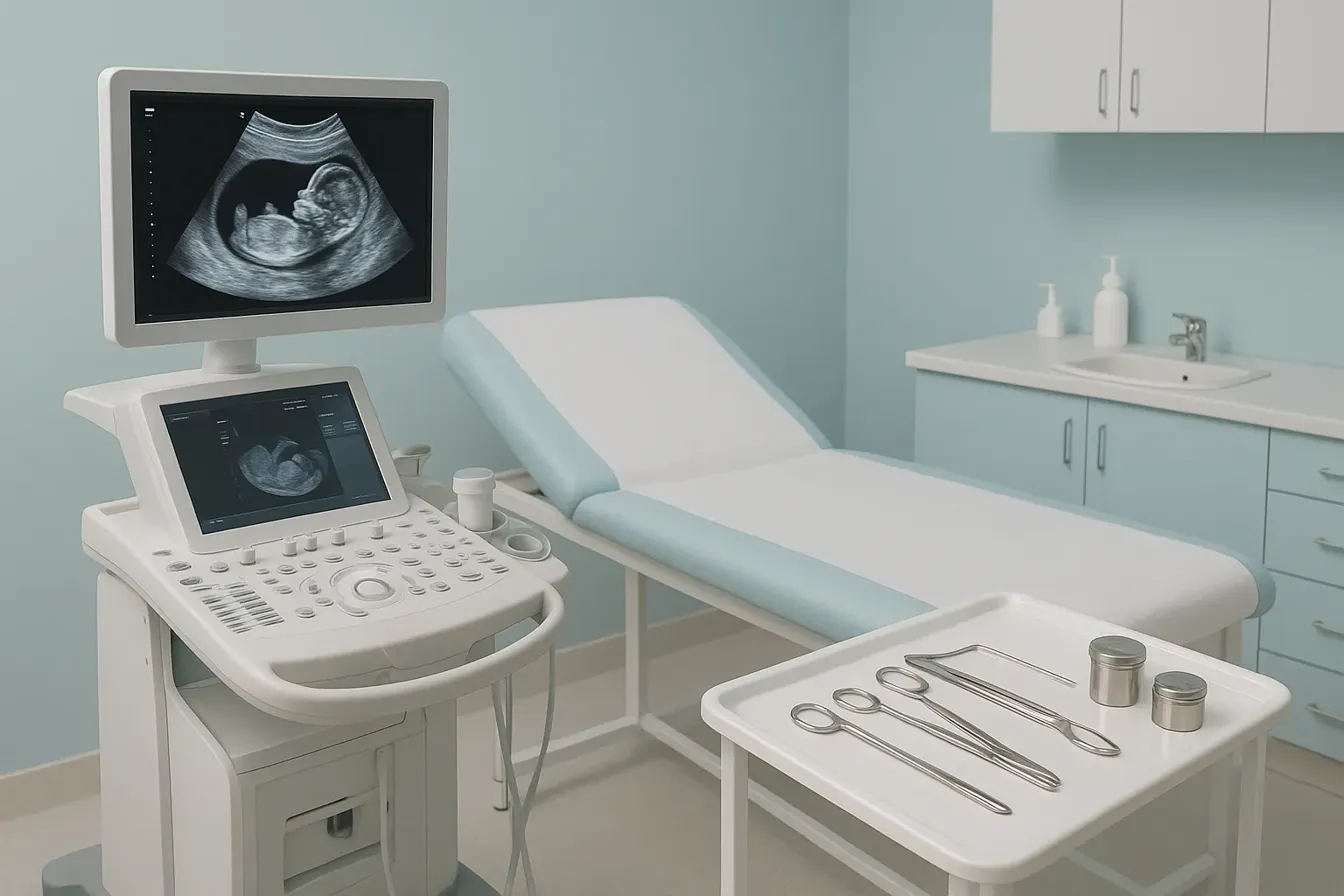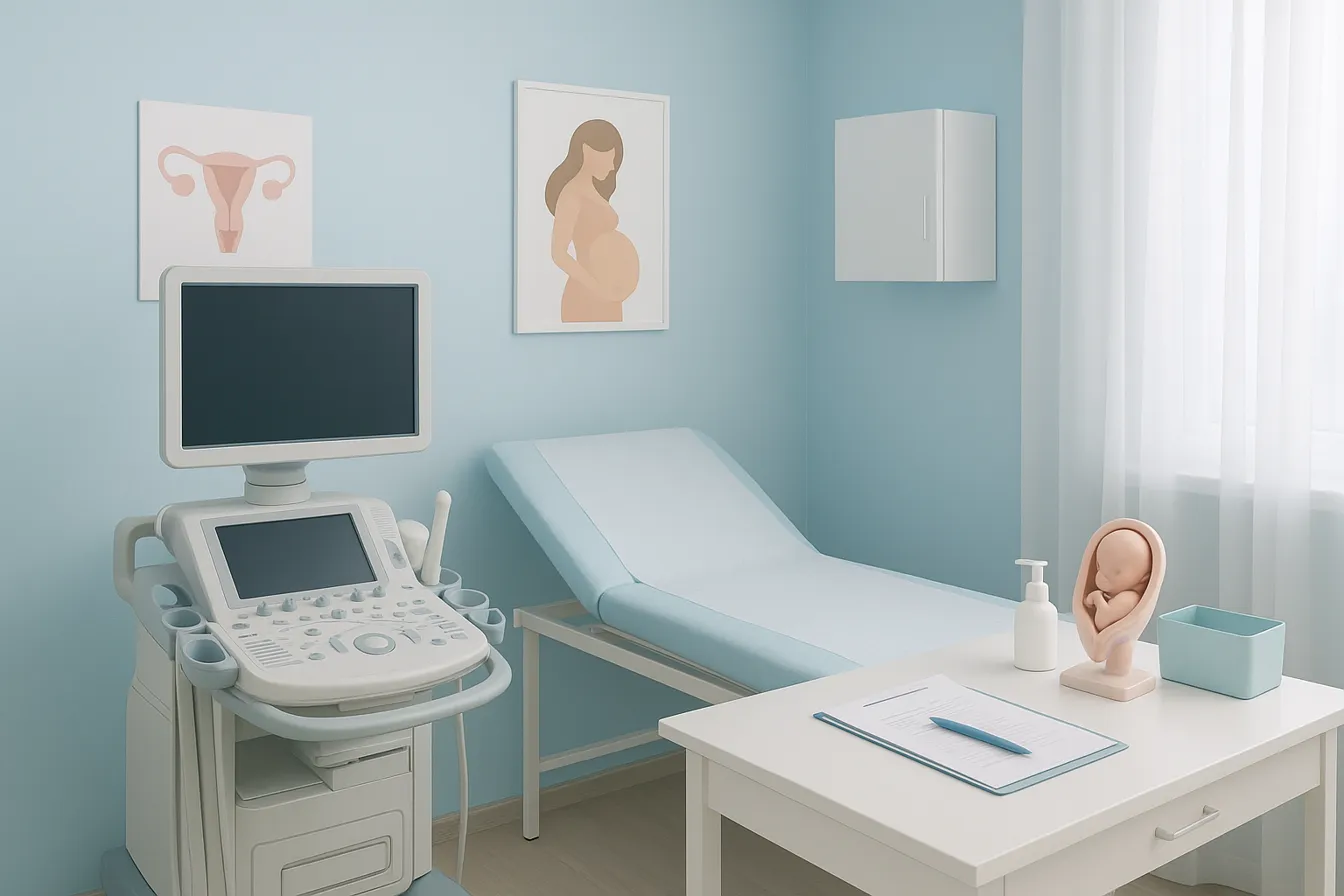Enhancing Pregnancy Outcomes Through Tailored and Respectful Prenatal Care

While all pregnancies carry some risk for mother and child, some women may have special circumstances that make their pregnancy high-risk.
At Raveco Medical, our experienced OB/GYNs specialize in managing high-risk pregnancies, so you can have a safe labor and delivery experience. We provide patient-centered pregnancy care to address your unique pregnancy challenges and protect both your health and the health of your child.
What makes a pregnancy high-risk
A high-risk pregnancy involves increased health risks for the expectant mother or her child. These factors can include:
Young or mature age
Women over 35 years old can be at increased risk for pregnancy complications like chromosomal disorders, such as Down syndrome, premature birth, miscarriage, and stillbirth.
Likewise, adolescent girls aged 17 and under may be at special risk for complications like infections, eclampsia (high blood pressure), premature birth, and low birth weight.
Pre-existing health conditions
Mothers that have existing heart disease, high blood pressure, diabetes, and other chronic health issues may have a high-risk pregnancy.
This is often because of the effect certain diseases have on your body and because of the medications you need to control your condition.
Previous pregnancy complications
Women who have a history of pregnancy complications or Cesarean section (C-section) delivery may be considered high-risk for all future pregnancies as a precaution.
Multiple fetuses
If you’re pregnant with twins or other multiples, your risk for preterm labor, anemia, and gestational diabetes increases.
Lifestyle and environmental factors
Lifestyle choices like smoking and drug or alcohol use during pregnancy can lead to serious health issues for yourself and your baby.
Additionally, living in a house with people who smoke or exposure to chemicals or other toxins in your environment can pose a risk for pregnancy complications and ongoing health issues.
Because many factors go into a high-risk pregnancy, you should start scheduling prenatal visits with us at Raveco Medical as soon as you think or know you’re pregnant. This allows our team to customize a care plan for the length of your pregnancy and prepare you for labor and childbirth.
What to expect from high-risk pregnancy care
Our Raveco Medical team provides individual care plans for expectant moms with high-risk pregnancies. Our prenatal care services include routine wellness checks, diagnostic screenings for you and your baby, nutritional counseling, and labor and delivery planning.
Women with high-risk pregnancies can expect to receive the same prenatal services as all expectant mothers. However, you may need to visit the office more often for closer monitoring. Our OB/GYNs may also request additional prenatal tests to identify chromosomal disorders, birth defects, and other complications based on the factors that make your pregnancy high-risk.
Some women may also need to take special precautions throughout their pregnancy. For instance, women carrying multiple babies may need to limit their activities or go on bed rest at some point in the pregnancy.
Our team discusses all precautions you should take to maintain a healthy pregnancy. We also work closely with you on a plan for childbirth, so you know what to expect if you go into labor early or if you need a C-section.
Call the Raveco Medical office in Forest Hills or Woodside, New York, to schedule a high-risk pregnancy consultation or book an appointment online today.





.png)